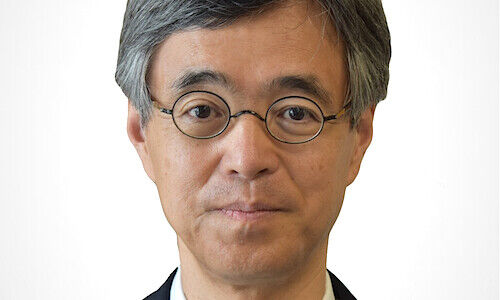Ryozo Himino: «Maybe This Is the Best Part of the Story»
Japan's Financial Services Agency commissioner Ryozo Himino noted the need to rethink banking regulation in the post-pandemic era but urged against dropping previously effective approaches, saying that the industry should «retain the best part of the story».
«I think that post-global financial crisis (GFC), pre-covid policy mix can be characterized as the combination of tight regulation and easy money,» Himino explained during a virtual session at this year’s Asian Financial Forum (AFF).
The commissioner of Japan’s top financial regulator noted, firstly, such reforms resulted in «a resilient banking sector and it continued to support the economy in spite of severe stresses». «So, maybe this is the best part of the story,» he said.
Non-Bank Financial Sector
But tightening against banks coupled with ultra-loose monetary policy has not been only good news. It has also resulted in the expansion of the non-bank financial sector which has fuelled highly leveraged corporate sectors all over the world.
Although this new era of non-banking expansion, via the likes of shadow lenders or fintech platforms, has not resulted in major solvency stress, Himino said that judgment was not yet conclusive as much is owed to «extraordinary» support by fiscal policymakers, monetary policymakers and regulators.
«So the question is what we need to do going forward,» he asked on the transition from an emergency policy phase to a post-covid growth phase.
Post-Pandemic Policy
In terms of collective efforts, Himino said that governments should consider how to alleviate the effects of existing debt overhang and enhance the operational resilience of the broader system as a whole. He suggested, for example, for financial centers to position themselves to complement each other to withstand increased pandemic, cyber, climate and geopolitical risks.
Himino highlighted ongoing efforts of the Japanese government such as supervision of new asset managers in English, changes in immigration rules to be friendly for professionals and inheritance tax laws so that «expats do not need to say 'never die in Japan’ going forward».
«Japan is willing to be a more user-friendly alternative in enhancing the whole Asian system’s resilience and competitiveness,» Himino added.
Common Infrastructure
One notable suggestion Himino made during the session which was also attended by central banking authorities from Hong Kong and Malaysia was the establishment of a common infrastructure for the accumulation, sharing, analysis and utilization of data or other communications.
He believed there was a place for government, private and decentralized platforms, each with its own strengths and weaknesses.
«We Should Retain the Best Part of the Story»
And while regulators and industry leaders should look towards building a new regulatory framework that encompasses future needs – across digital and green finance – Himino stressed that effective lessons approaches from the past need not be disposed of such as capital and liquidity buffers.
«I believe we should preserve what we have obtained by the post-GFC regulatory reforms,» Himino said. «We should at least retain the best part of the story.»
























